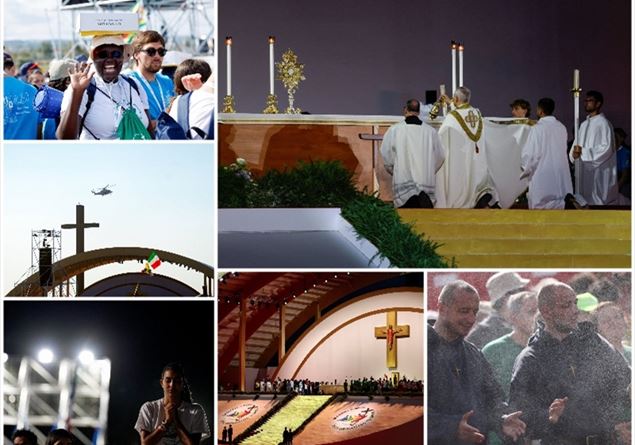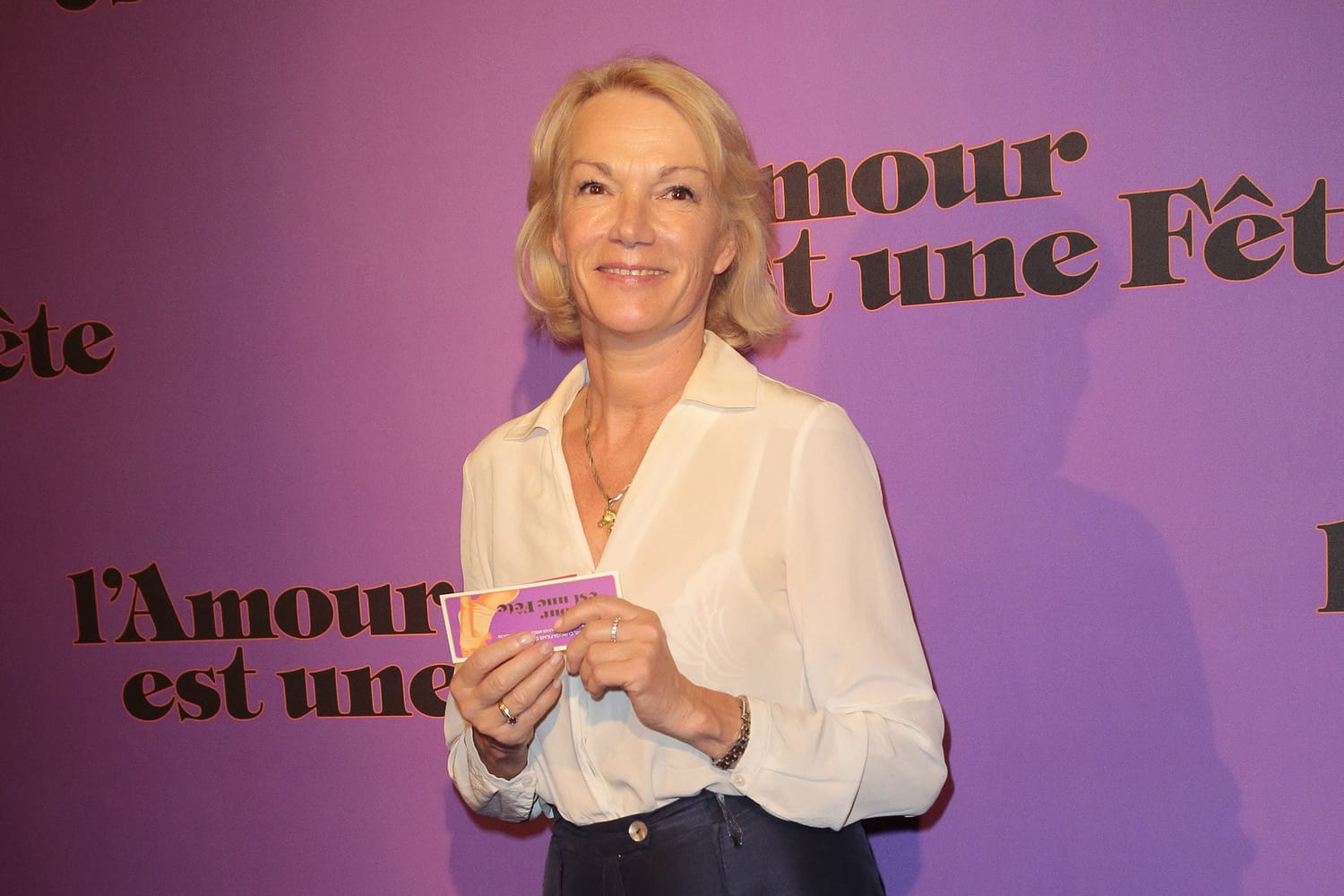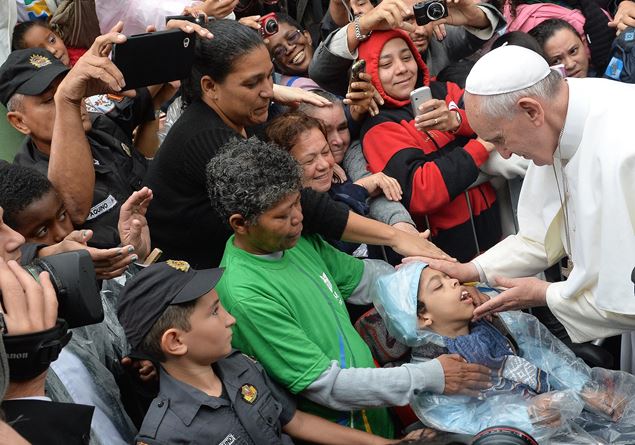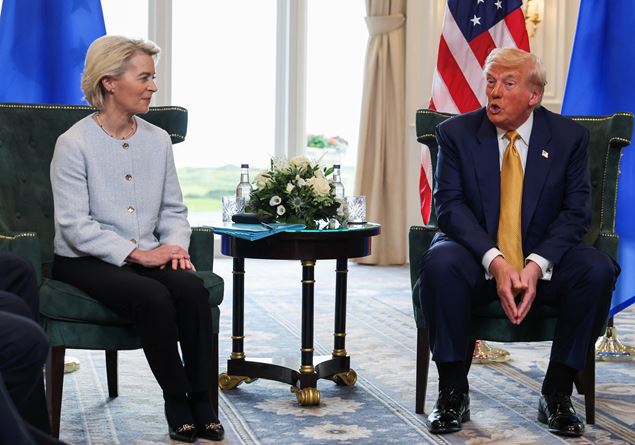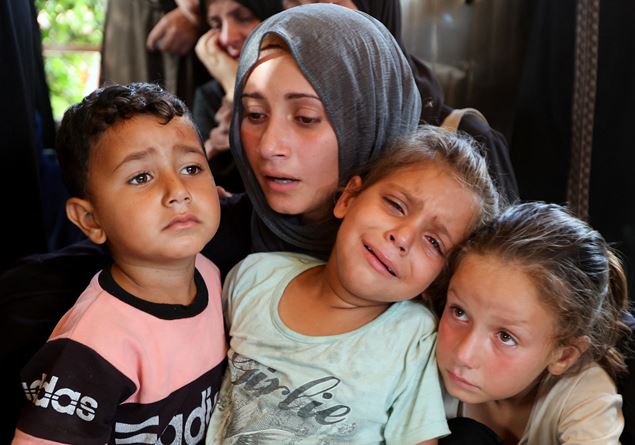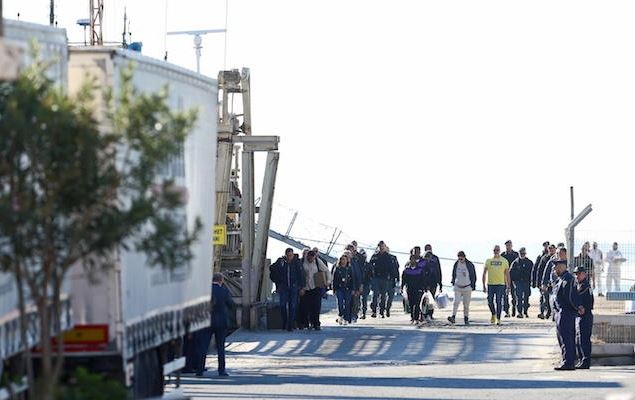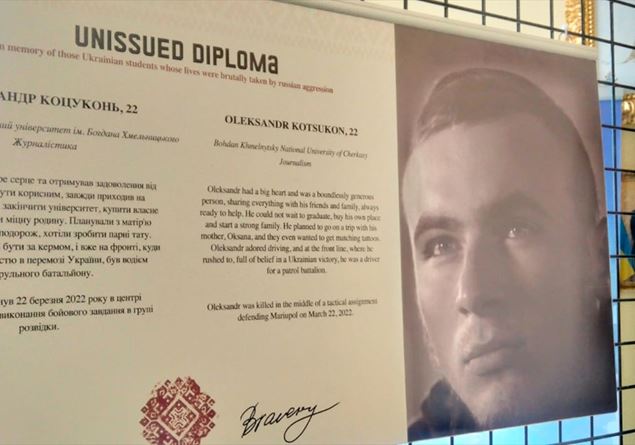to darlei zanon
While the Church of Rome celebrates the novedials in suffrage of Pope Francis, the church in Brazil also pays homage to the Argentine Pope, very esteemed and loved throughout South America. In addition to the Catholic community, a genuine emotion and sadness in practically all society is perceived, which saw Francesco not only a spiritual guide, but above all a leader Political and diplomatic, an authoritative voice, which spoke with authenticity and trueness, looking in the face of the problems of the current world.
In recent days, the “Saudade”, this typically Brazilian sentiment, is generalized and all means of communication recall the pontificate of Pope Francis, underlining his commitment to encourage world peace, to support the weakest (children, women, poor, migrants, sick …), to build dialogue bridges between peoples and people, to revolutionize the world church with his humble and simple style, – he expressed since the beginning of his mission as Bishop of Rome, who arrived “from the end of the world”.
A Pope of the small gestures, who have gradually become great signs of humanity and spirituality by true vicar of Christ and witness of the Gospel in the world. Deep gestures that have touched and transformed all the Brazilians, since the first meeting, in the summer of 2013, during Pope Francis’ first international journey for the XXVIII World Youth Day in Brazil. Occasion of great emotion and lively faith, who has paid attention not only to young people, but of the entire population for his sympathy and closeness.
A small pilgrimage to the sanctuary of Our Lady of Aparecida, the patron saint and queen of the nation black Madonna, followed by a visit to the favelas of Rio de Janeiro were sufficient to conquer the Brazilians, people marked by poverty, but much more by Marian devotion.
A few years later, with the convening of an extraordinary Synod on the Amazon, he confirmed his love for Brazil and the suburbs. There were no doubts among the Brazilians who beat a good and holy heart in Francesco. His concern about creation and ecological question have been very felt and supported by the Brazilian Church and society, which see in the Amazon one of the greatest riches of the nation. Dreams – social, cultural, ecological and ecclesial – by Francesco expressed in the exhortation Querida Amazonia These are the dreams of every Brazilian, and for this Pope Francis has always been seen as a true friend, a father, a guide. For this reason, in Brazil we all feel a little orphaned, sad, but equally confident that the seeds left by him will bloom in the Church and worldwide.
The Pope of Mercy and Hope will never be forgotten and the general expectation of the Brazilians is that the next Pontiff is a continuer of the revolution started by him. Although aware of the opposition currents to Francesco existing within the Cardinal College, the Brazilian Church believes in continuity, especially in relation to the synodality process, which has brought a new mentality and style to the Church. The first Latin American pope has meant that the Church looked at the suburbs, leaving the limits of Europe to get in touch with many rich and profound realities, which guarantee a promising future for the Church. The appointments of several cardinals from the “suburbs of the world”, coming from small nations or unknown dioceses, have been seen by many as a joke of Pope Francis, but will be very significant in this conclave, and will not surprise if the new Pope will come exactly from these suburbs, so unknown and distant. In Brazil, one of the most cited names in these days to take the chair of San Pietro is that of Cardinal Filipino Luis Antonio Tagle, smiling and humble as Francesco. At the same time, a small hope that even a Brazilian cardinal, the first of Amazonia, created cardinal in 2022 and very close to Francesco, feeds. We are talking about the Franciscan Leonardo Ulrich Steiner Ofm, Archbishop of Manaus, one of the seven Brazilian cardinals present at the Conclave.
But there are other cardinals who know worldly reality well – and above all Amazon and Latin American – which emerge among the “favorites” from the Brazilian Church. For example, the current Secretary of State of the Holy See, Pietro Parolin, who was Nuncio in nearby Venezuela between 2009 and 2013, in a very delicately and socially delicate moment. Parolin proved to be a great diplomat and a person open to dialogue and synodality. It is also seen in Brazil as a leader Sensitive to the ecological question and dialogue for peace, two other issues that are seen essential in the future of the Church. Next to Cardinal Parolin, and linked to the same motivations mentioned above, two other Italians close the list of “Top 5” for the next Papacy in the Brazilian media: Cardinal Matteo Zuppi, Archbishop of Bologna, and Cardinal Pierbattista Pizzaballa, Patriarch of Jerusalem.
Regardless of who will be the successor of Francesco, the Brazilian Church will still be celebrating, happy because he knows that the Holy Spirit sees the needs of the world and gives the Church what is needed to respond to the signs of the times of this glimpse of history.
In the photo Ansa, Pope Francis in Rio de Janeiro in July 2013 on GMG Occasioen.
